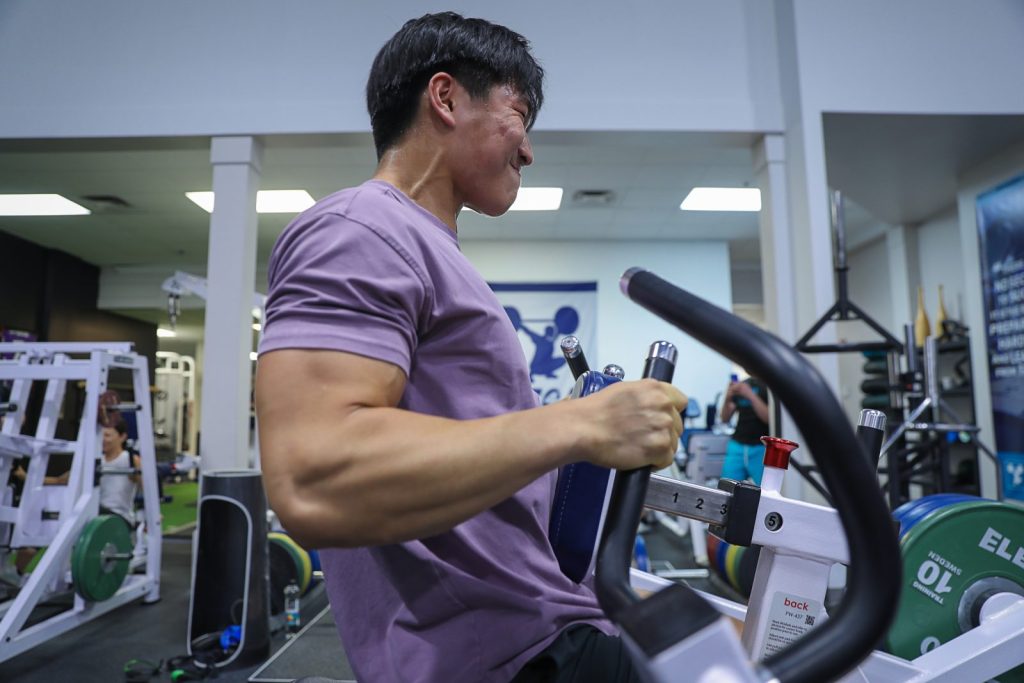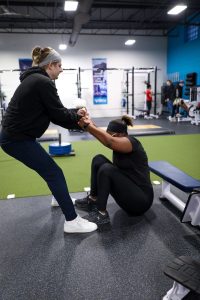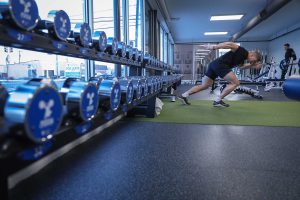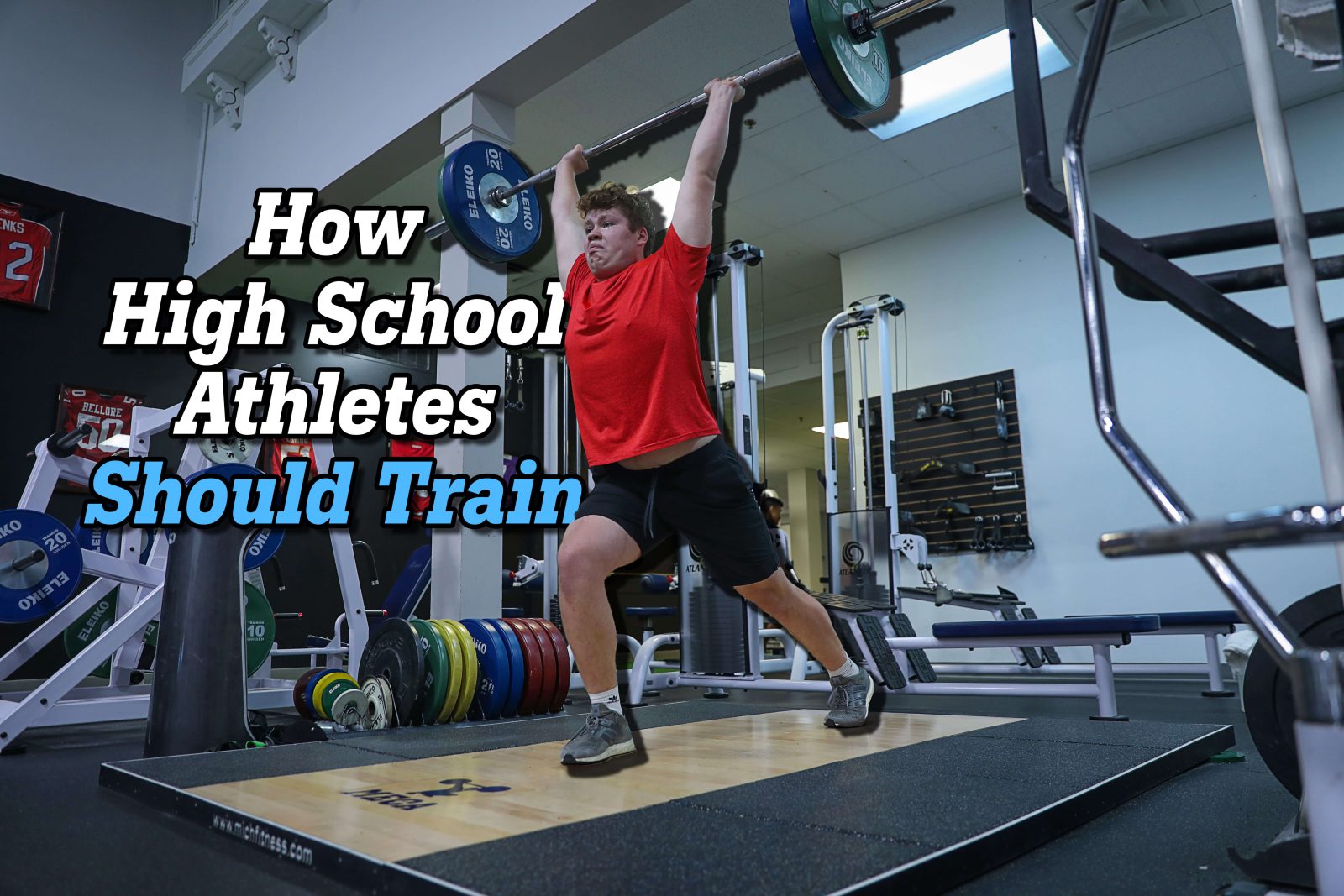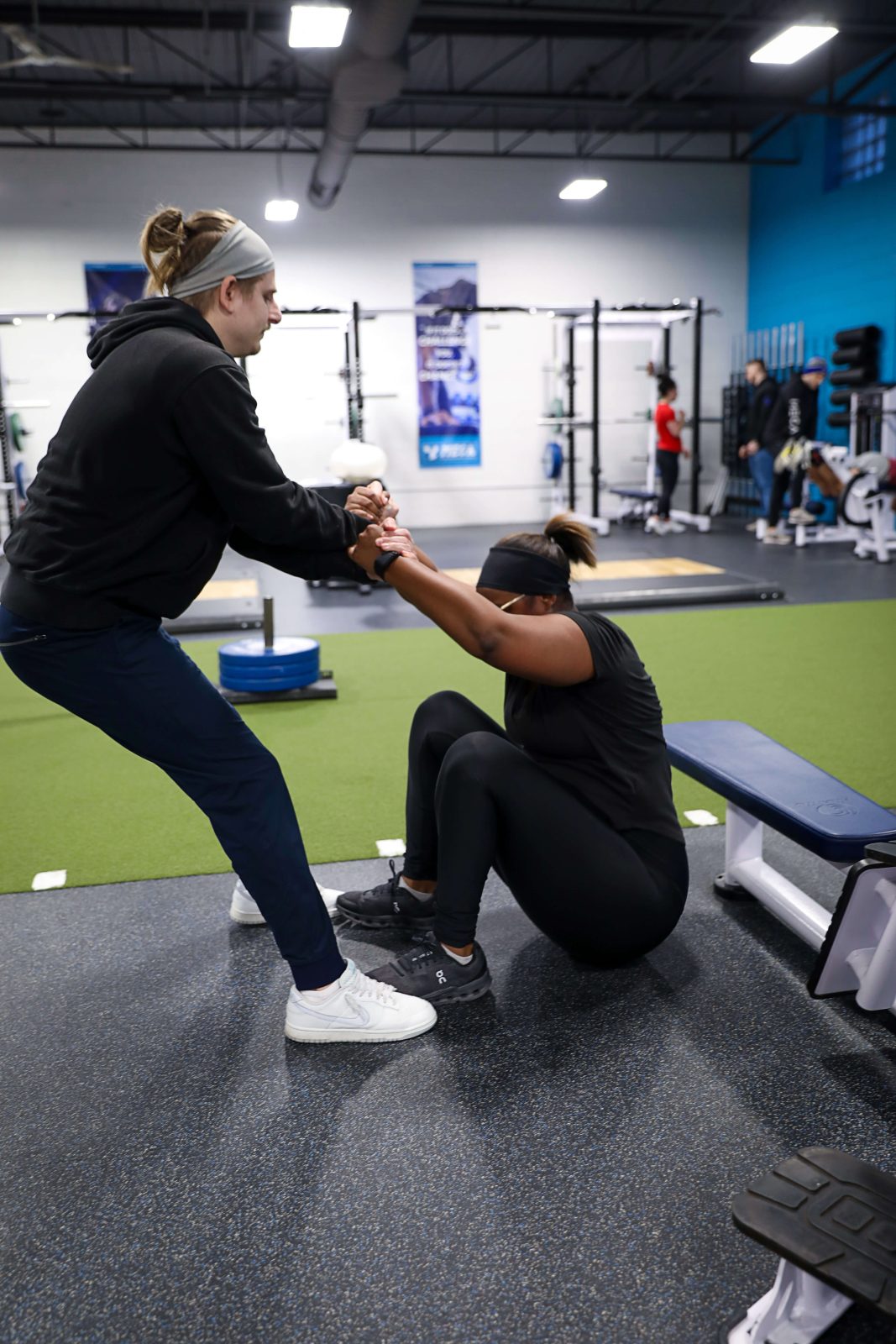When it comes to strength training, the bench press, squat, and deadlift are the undisputed kings. These three compound lifts form the foundation of any effective strength-training program, targeting multiple muscle groups and building raw power. However, mastering these exercises and reaching your true potential can be challenging without proper guidance. This is where a personal trainer steps in to transform not only your technique but your results.
Whether you’re a beginner looking to lift safely or an experienced athlete aiming to crush plateaus, a personal trainer’s expertise can be your secret weapon for maximizing gains. Let’s explore how working with a professional coach can take your bench press, squat, and deadlift to the next level.
The Role of a Personal Trainer in Strength Training
A personal trainer is much more than a guide counting your reps. They are highly skilled professionals equipped with the knowledge to improve your form, design customized programs, and help you push past your limits. Their expertise is invaluable when it comes to compound lifts like bench presses, squats, and deadlifts.
Here’s how a personal trainer can elevate your lifting game:
- Correct Technique for Safety and Efficiency
Lifting heavy weights incorrectly can lead to injuries that hinder your progress. A personal trainer ensures you maintain proper form, protecting your joints and muscles while maximizing your strength output.
- Individualized Programming
Cookie-cutter programs won’t cut it if you want to maximize gains. Personal trainers tailor programs to your goals, weaknesses, and experience level, optimizing your path to success.
- Motivation and Accountability
A personal trainer keeps you motivated to show up and push hard, even on days when you’re not feeling 100%. Their support and encouragement keep you consistent, which is key to long-term progress.
- Breaking Through Plateaus
Plateaus are a natural part of strength training, but they can be frustrating. Trainers know how to tweak variables like load, volume, and exercise selection to help you bust through sticking points and achieve new personal bests.
Transforming Your Bench Press
The bench press is a cornerstone lift that primarily targets the chest, shoulders, and triceps. However, achieving a strong, efficient bench press requires more than lying down and pushing weight.
Common Challenges with the Bench Press
Many lifters struggle with:
- Poor grip or bar path that reduces power output.
- Weak supporting muscles like the triceps and lats.
- Shoulder pain or discomfort from improper form.
How a Personal Trainer Helps
A personal trainer can:
- Assess Your Form: Trainers identify issues like uneven bar movement, flared elbows, or incorrect grip width and make adjustments to improve efficiency and reduce injury risk.
- Develop Supporting Strength: To strengthen your press, they create accessory exercises targeting lagging muscle groups, such as close-grip bench presses or dumbbell pullovers.
- Progressive Overload Strategies: Trainers gradually increase load, volume, or intensity to ensure steady progress without overtraining.
Squat Smarter, Not Harder
The squat is the ultimate lower-body exercise, engaging the quadriceps, hamstrings, glutes, and core. However, squatting heavy weights can expose weaknesses or mobility issues that limit your gains.
Common Squat Struggles
- Limited ankle or hip mobility leading to poor depth.
- Leaning forward excessively, turning the squat into a back-dominant lift.
- Uneven loading or muscle imbalances that compromise safety.
How a Personal Trainer Helps
Personal trainers can:
- Improve Mobility and Depth
Trainers identify and address mobility limitations with targeted stretches and drills, allowing you to achieve a deep, stable squat.
- Correct Form Flaws
Using cues and real-time feedback, trainers ensure you maintain a strong torso position, proper bar placement, and balanced weight distribution.
- Tailor Variations
Based on your goals and limitations, trainers incorporate variations like front squats, box squats, or goblet squats to build strength and confidence.
- Add Core Strengthening
A strong core is vital for heavy squats. Trainers include exercises like planks, Pallof presses, and ab rollouts to enhance your stability and control under load.
Deadlift Domination
The deadlift is the ultimate test of raw power, targeting the hamstrings, glutes, lower back, and traps. While immensely rewarding, it is also one of the most technically demanding lifts.
Deadlift Dilemmas
- Rounded back or poor hip position.
- Grip fatigue or difficulty holding onto the bar.
- Lockout issues that make the final phase of the lift a struggle.
How a Personal Trainer Helps
Personal trainers can:
- Perfect Your Setup
The deadlift starts with proper positioning. Trainers coach you on how to engage your lats, maintain a neutral spine, and generate tension before lifting the bar.
- Build Grip Strength
Weak grip? Trainers incorporate exercises like farmer’s carries, heavy holds, and fat-grip training to improve your hold on the barbell.
- Target Weak Links
Trainers prescribe accessory movements such as Romanian deadlifts, hip thrusts, or deficit pulls to address specific weaknesses in your deadlift.
- Track Progress Methodically
Trainers use techniques like tracking bar speed, changing rep ranges, or alternating between sumo and conventional styles to keep your deadlift progressing.
Overcoming Mental Barriers to Heavy Lifting
Strength training isn’t just physical—it’s mental. Heavy lifts like the bench press, squat, and deadlift can be intimidating, especially as you approach new personal bests. A personal trainer helps you develop the confidence and mental toughness to overcome these hurdles.
- Building Confidence: Trainers celebrate your progress and remind you of your capabilities, making those heavy lifts feel less daunting.
- Setting Realistic Goals: Trainers help you set achievable short-term and long-term goals, keeping you focused and motivated.
- Dealing with Setbacks: Injuries or bad lifting days happen. Trainers help you bounce back with alternative strategies to keep moving forward.
Why Choose MECA for Personal Training?
At Michigan Elite Conditioning for Athletes (MECA), our mission is clear: to elevate the level of health and sports performance in the state of Michigan. Founded in 2011 by renowned strength and conditioning coach David Lawrence, MECA has become a trusted name in personal training and athletic development.
Here’s what sets us apart:
- Expert Coaching: Our team of personal trainers has years of experience and expertise in helping athletes and fitness enthusiasts achieve their goals.
- Individualized Programs: We create tailored plans that address your unique strengths, weaknesses, and objectives.
- Cutting-Edge Facilities: Our state-of-the-art training environment provides everything you need to succeed.
- Caring Support: At MECA, we genuinely care about your progress. Our trainers are committed to supporting you every step of the way.
Contact Us Today
Ready to transform your bench press, squat, and deadlift? Don’t let improper technique, plateaued progress, or mental barriers hold you back. Partner with a personal trainer at MECA and experience the difference expert coaching can make.
Contact us to learn more about our programs and schedule your consultation today. Let’s maximize your gains and unlock your full potential—one rep at a time!

